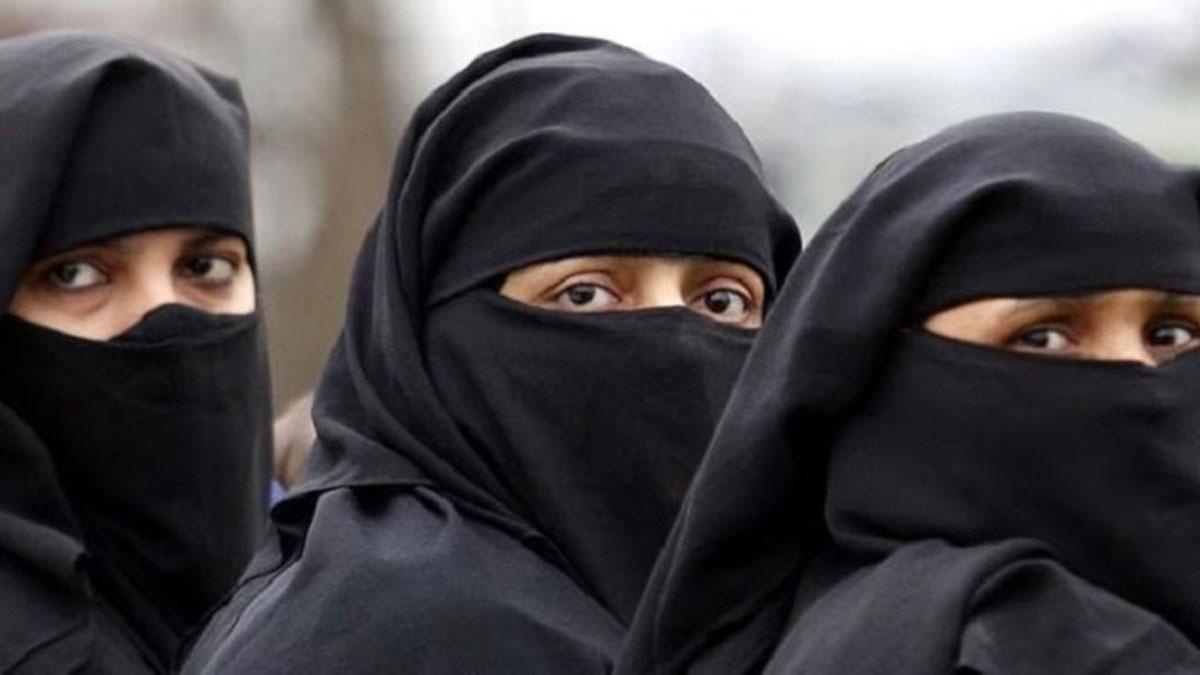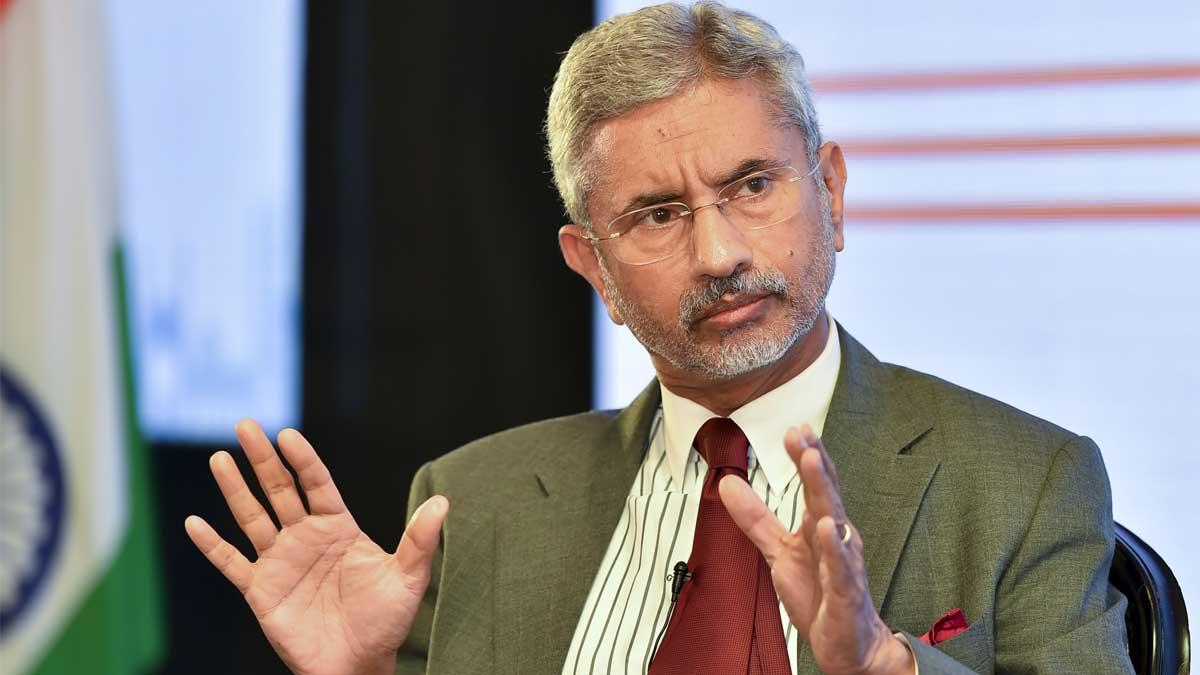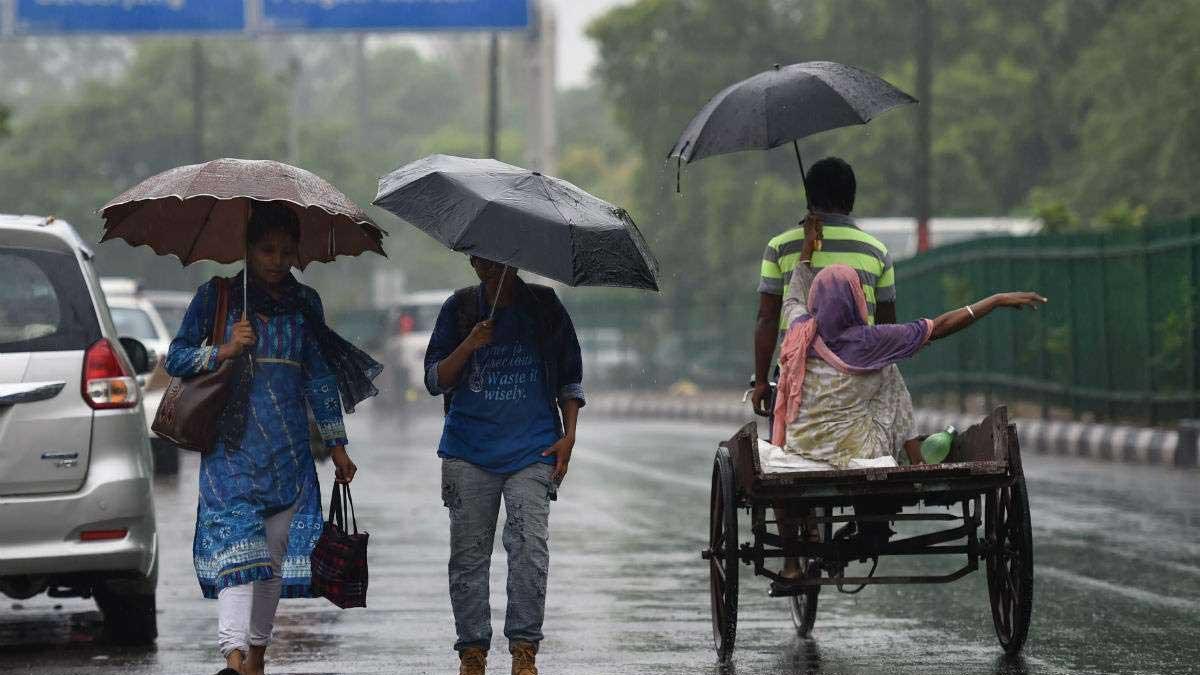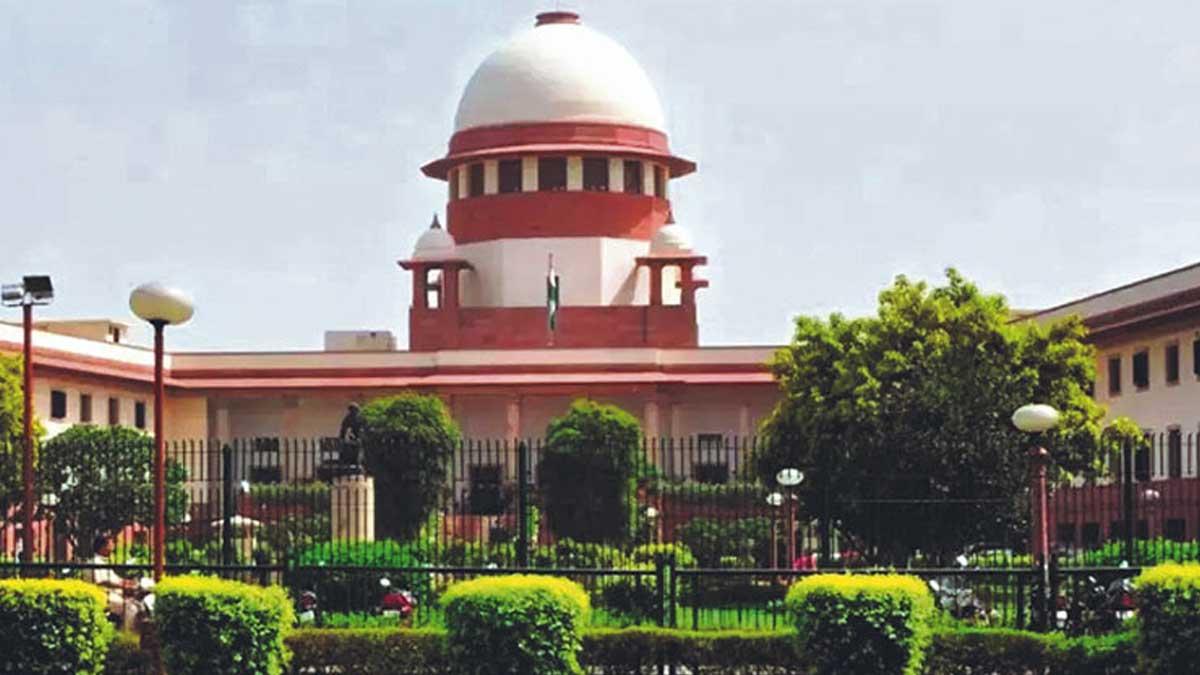The Supreme Court recently sought replies from both the Centre and the Kerala government in response to a writ petition from a non-believer Muslim woman. She is Safiya P M, originally from Alappuzha and general secretary of the 'Ex-Muslims of Kerala'. She has sought an injunction to be ruled by the secular Indian succession law instead of Shariat when it comes to her ancestral property rights.
This woman, who has not formally renounced Islam, calls herself a non-believer and wants to exercise her fundamental right to religion under Article 25. She wants to get the clause "the right not to believe."
In her petition, Safiya asked for a declaration that those who do not wish to be governed by Muslim Personal Law be governed instead by the Indian Succession Act of 1925, both in cases of intestate and testamentary succession.
The bench, presided by Chief Justice D Y Chandrachud, and justices J B Pardiwala and Manoj Misra, indicated that the court would not grant such a declaration as it is unable to interfere in issues of personal law. But, it directed Safiya to challenge specific provisions of Sharia law.
In her petition, Safiya points out that under Shariat law, a Muslim woman is entitled to a one-third share in property. The bench noted that provisions of the Shariat Act were governing intestate succession matters.
The lawyer for Safiya further pointed out that for Hindus, the question of belief or non-belief is irrelevant to succession as they are governed by secular law. The bench expressed that it is only for Hindus the question of belief or non-belief is irrelevant to succession. They suggested Safiya challenge Section 58 of the Indian Succession Act, which excludes Muslims.
Basically, the court had no choice but to issue notices to the Centre and the Kerala government in the wake of Safiya's plea, as well as order the Attorney General to appoint a law officer for the hearing.
Safiya's plea thus brings out the need for fundamental rights under Article 25 and their applicability to those who opt to leave their religion. She wants to challenge the discriminatory provisions in personal laws to be treated equally under the secular law.
The petition puts forth the implicature arising from Safiya's case—that it is not merely for her but all those born Muslim but who wish to renounce Islam. Issues are also raised about renouncing Islam, particularly in matters of inheritance.
Safiya seeks a declaration that she will not be governed by Muslim Personal Law. This brings up issues of judicial interpretation to fill gaps in the law. Otherwise, fundamental rights to practice or abstain from religion are rendered hollow.
Read also | Jammu and Kashmir Police: Foreign terrorist 'Abu Hamza' behind Rajouri killing


















